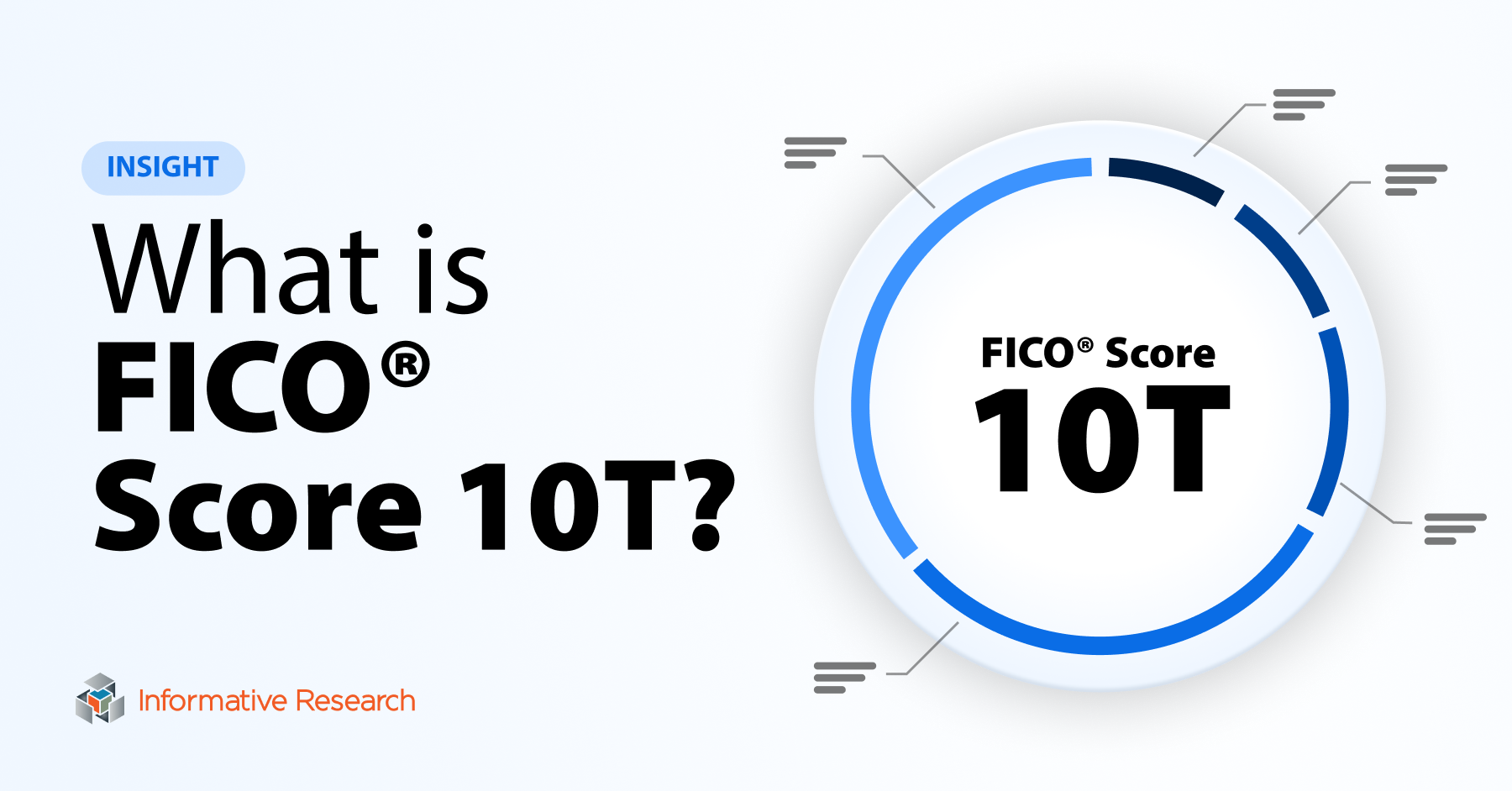Get Early-Stage VOIE Clarity Before You Spend Time (and Money) Chasing It
Mortgage teams don’t just need data. They need certainty early so they can route loans correctly, avoid unnecessary verification steps, and keep...
answers you want to know
Ever have trouble understanding the difference between a Credit Supplement and Rescore – much less, in what case you would need one over the other? Or just have some general questions that have been on your mind?
Well, here are a few answered questions that we’ve heard from clients and other lenders over the years to help you figure out that grey area.
A Credit Supplement is a third-party revision of any item on a credit report.
2. What is the usual turnaround time on a supplement?
It’s typically completed within 24–48 hours. If there’s any delay, we notify you immediately.
3. How do I order a supplement?
The process of ordering a Supplement can begin in a LOS, but the actual order is placed online through the Web Credit System.
4. How do I retrieve the findings on a supplemental request?
After getting a notice of completion via email, a Supplement can be retrieved from IR’s Web Credit System.
5. What effects does a supplement have on the borrower’s FICO score?
IR supplements don’t affect the credit score. However, if you did want to change the score consider doing a Credit Rescore – a streamlined process for verifying and updating a tradeline – instead.
6. Who pays for Credit Rescore cost and fees?
Because of the Fair Credit Reporting Act, mortgage lenders and brokers absorb all fees as an operational cost of doing business. This is because a Credit Rescore is a business-to-business transaction rather than business-to-consumer.
7. What is the usual turnaround time on a Credit Rescore?
With the appropriate documentation, a Rescore can be processed within 3-4 business days. For an additional fee, Equifax and Experian can do rush orders.
8. What is the process to remove disputed comments on a Credit Rescore?
First, the borrower needs to provide a dispute removal letter (which we can provide a template for). Then, the borrower’s mortgage company can order a Credit Rescore through IR’s Web Credit System.
9. What are the bureaus’ requirements when removing dispute comments?
Experian only requires a Consumer Dispute Removal Letter signed by the borrower. TransUnion will either remove the dispute comment with the letter or contact the creditor to verify. Equifax will accept the Dispute Removal Letter for all comments with exceptions to “consumer disputes reinvestigation in progress.”
10. What documentation is needed to update accounts for a Credit Rescore?
The bureaus require either a current statement or online account printout showing account numbers and an exact, up-to-date balance. All documentation from the creditors must be on the creditor’s company letterhead and signed by a company representative. Other supporting documentation can be provided, but the bureaus reserve the right to accept any item that overrules what is being reported on a credit report.
11. Will the bureaus accept my deletion letter on a Credit Rescore?
In some cases, deletion letters from the creditor will be accepted if it’s dated within 90 days of the credit report.
12. Will a Credit Rescore accept bankruptcy documents?
Bankruptcy filings aren’t considered acceptable documentation for rescoring. You’ll still need to obtain letters from the unsecured property claims, such as credit cards and collections, indicating they’ve been removed via bankruptcy.
13. Will documents be accepted when disputing American Express accounts?
Bureaus will only accept a Credit Verification Release form with the same the account number on the borrower’s credit report. You can get this form by calling the AMEX Credit Bureau Division at 800 874 2717.
14. Can a borrower do anything to avoid delays in processing a Credit Rescore?
In some cases, bureaus may contact creditors directly to verify requests. If so, borrowers should contact creditors to “authorize the release or sharing” of their account information with the bureaus.
The right partner makes all the difference. With IR, you gain smarter credit and verification solutions, a team that has your back, and a strategy that grows with you.
/Blogs/2026%20Blogs/02-26-TWN%20Indicator/IR_Blog--Income-Qualify-and-The-Work-Number-Report.png)
Mortgage teams don’t just need data. They need certainty early so they can route loans correctly, avoid unnecessary verification steps, and keep...
/Blogs/2026%20Blogs/01-FHFA-Vantange-FICO/IR_Blog-Credit-Score-Modernization%20(2).png)
As the mortgage industry navigates FHFA’s credit score modernization initiative, lenders are facing new questions around model choice, implementation...

As the mortgage industry navigates FHFA’s credit score modernization initiative, lenders are facing new questions around model choice, implementation...
.jpg)